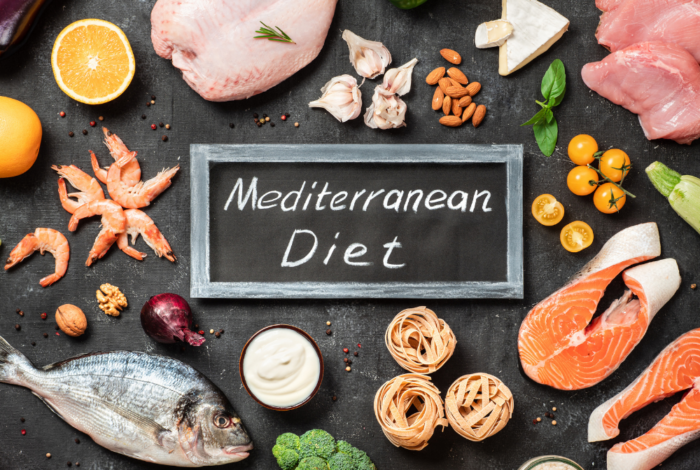Hypercholesterolaemia, or increased levels of cholesterol in the blood, is a condition that is directly related to a higher risk of developing cardiovascular diseases, such as coronary heart disease and stroke. The main cholesterol types are HDL (high-density lipoprotein) or “good” cholesterol, and LDL (low-density lipoprotein) or “bad” cholesterol, which is the type that is of most concern. Increased LDL levels contribute to fat deposits in the arteries (atherosclerosis), which then increases the risk of heart disease. Therefore, LDL cholesterol should be within set levels in the blood to avoid increasing cardiovascular risk.
The factors that affect blood cholesterol levels are both modifiable (e.g. poor diet, excess body weight, lack of physical activity, smoking, high stress) and non-modifiable (e.g. age, gender, genetic profile, comorbidities). Research findings concur that the key factor for managing cholesterol is diet. Essentially, diet is the most significant modifiable risk factor for cardiovascular diseases and it affects not just blood cholesterol, but also the risk for a number of diseases, such as high blood pressure, obesity and type 2 diabetes. Naturally, the response to high cholesterol requires a combination of lifestyle changes and, in many cases, medicinal treatment.
Adopting the Mediterranean diet is one of the most effective strategies for reducing cholesterol levels and improving heart health, especially for those who live in Greece who have all the necessary ingredients at their disposal. The Mediterranean diet emphasises the consumption of healthy fats, such as monounsaturated fats found in olive oil which is the main source of fat. Olive oil is known to reduce LDL levels, while at the same increasing HDL levels and contributing to heart health. Aside from olive oil, this diet promotes consumption of fish, rich in omega-3 fats, which also have a positive effect on cholesterol levels and inflammatory markers. Fruits, vegetables, legumes and minimally processed whole grains rich in fibre are important elements of the Greek Mediterranean diet that help maintain a normal lipidaemic profile. On the other hand, a lower intake of red, and particularly processed, meat, and foods and beverages with added sugars, as prescribed by this diet, helps to further improve the lipidaemic profile.
Hypercholesterolaemia is one of the most important risk factors for developing cardiovascular diseases, and the Greek Mediterranean diet plays a decisive role in managing it. The Mediterranean diet is not just a dietary choice, but a holistic way of life that includes a balanced diet, regular physical activity and moderate alcohol consumption. Adopting this diet, combined with a healthy lifestyle, can offer multiple long-term benefits to our health.










